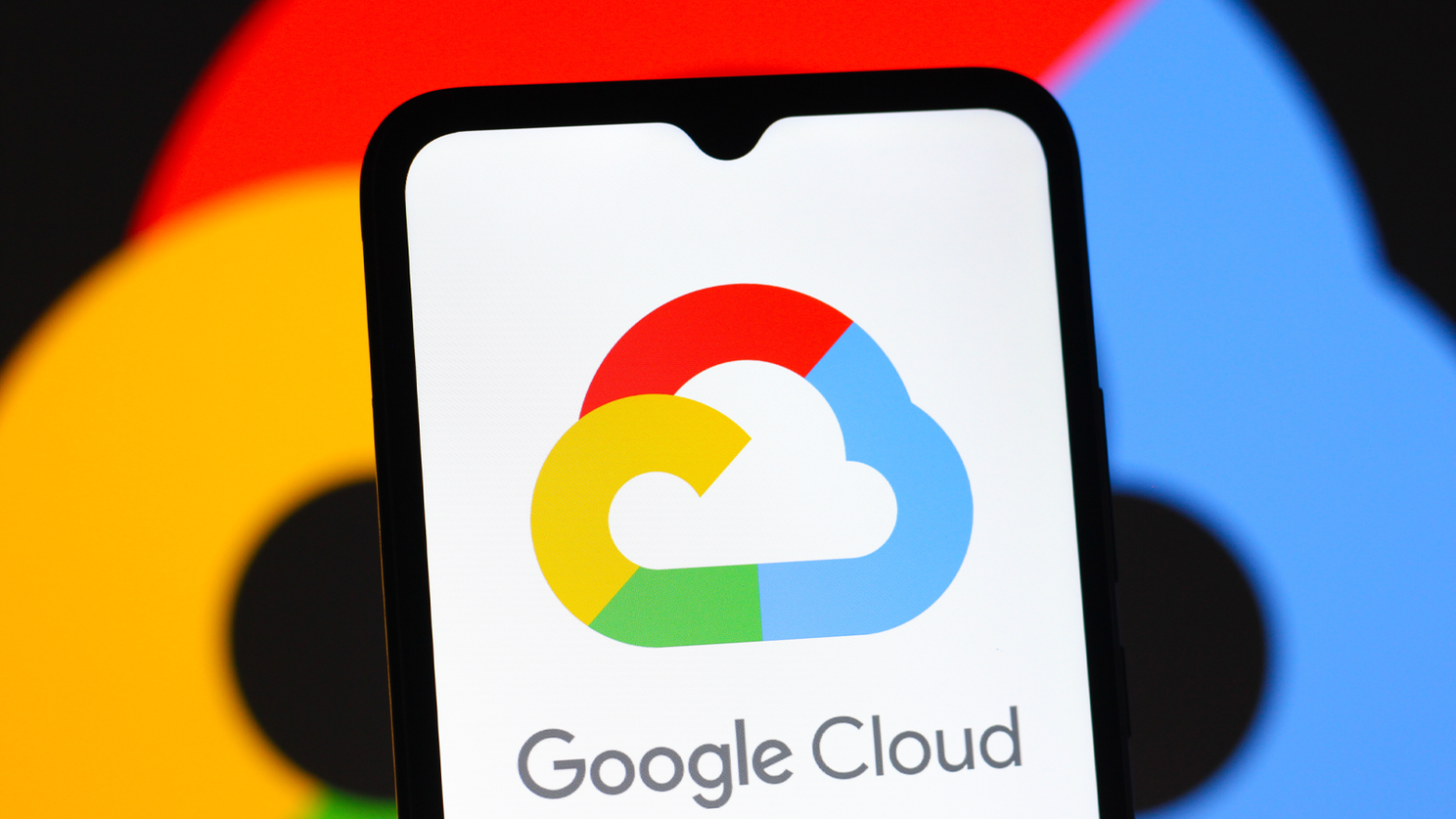In a series of major announcements throughout early 2025, Google Cloud has unveiled an impressive suite of AI-powered healthcare tools designed to tackle both administrative and clinical inefficiencies. These new capabilities signal Google’s strategic commitment to cementing its position in healthcare AI at a time when such systems are becoming essential for hospitals nationwide.
New Multimodal AI Capabilities Transform Medical Search
At the HIMSS25 Global Health Conference in March, Google Cloud introduced groundbreaking updates to its Vertex AI Search platform, specifically tailored for healthcare professionals.
The platform now features a new capability called “Visual Q&A” that enables medical professionals to directly search and analyze tables, charts, and diagrams without first converting them to text.
This advancement addresses a critical need in healthcare, where approximately 90% of medical data exists in image form, including X-rays, scans, and photos.
The new multimodal search capabilities allow doctors to receive a more comprehensive view of patient health by integrating diverse data sources.
“Multimodal analysis processes diverse sources of patient data, like medical images and genetic information, for a more comprehensive understanding and improved decision-making,” explained Aashima Gupta, global director of healthcare strategy and solutions at Google Cloud.
For example, Visual Q&A can now directly analyze:
- Diagrams of patient injuries along with related form information
- Medical forms with tabular data
- Complex medical imagery alongside patient history
5 Digital Tools Every Healthcare Worker Should Know About. Read more here!
Gemini 2.0 Integration Boosts Performance
Google Cloud also announced integrating Gemini 2.0, its most advanced AI model, into Vertex AI Search for healthcare. This powerful model upgrades the platform’s capabilities by:
- Delivering faster, more accurate search responses
- Processing multimodal data, including visual elements
- Understanding native image and audio output
- Generating high-quality speech
According to Gupta, “Both new generative AI capabilities represent a significant step forward in how healthcare organizations can access, view, and use critical patient information.”
New AI Agent Technology for Healthcare Organizations
In April 2025, Google Cloud expanded its AI offerings further by unveiling a suite of tools focused on tackling clinical and administrative inefficiencies.
The company introduced updates to its Vertex AI and Agent Space platforms, featuring:
- A centralized “Agent Gallery” of prebuilt, ready-to-use agents
- A “Deep Research Agent” designed to synthesize complex data sets with source citations
- “Agent-to-agent” protocols allowing different AI systems to work together across fragmented hospital IT systems
Real-World Implementation Partners
Two major health systems have already implemented Google Cloud’s new AI tools:
Highmark Health (Pittsburgh)
- Deployed Vertex-powered tools to approximately 14,000 of its 40,000 employees
- Implemented AI agents for call centers, prior authorizations, and ambient documentation
- Plans to eventually have all employees using or building AI applications
“Our expectation is that every single employee will be, at a minimum, using — but many building — AI, especially given the ease of some of the tools,” said Richard Clarke, Highmark’s chief data officer.
Hackensack Meridian Health (New Jersey)
- New Jersey’s largest not-for-profit health network
- Implementing Google AI for nurse agents, call center automation, and document summarization
- Building use cases in six focus areas, including disease prediction and precision treatment
- Elevated AI to the CEO level, with board oversight
“I was chosen to have a dotted line to the CEO because this became a CEO agenda,” noted Sameer Sethi, Hackensack’s chief AI officer. “There’s broad oversight over this. We have pressures from [top to] bottom and bottom [to] top.”
Integration Challenges and Implementation Approach
Despite the promising advances, both health systems acknowledge significant implementation challenges:
- Integration with legacy systems remains a critical obstacle
- Organizations are taking phased rollout approaches
- Many systems start in “shadow mode” before moving to full automation
- Human-in-the-loop designs are emphasized for safety and accuracy
“The question of how you get these new technologies integrated in a way with those legacy systems is so critical,” Clarke observed. “We spend a lot more time thinking about that than we did before.”
Healthcare Technology Partners
Several health tech companies have partnered with Google Cloud to leverage these new AI capabilities:
- Counterpart Health: An AI-powered physician enablement company using Vertex AI Search to provide real-time insights within physician workflows
- Meditech: An EMR company that developed AI-powered search and summarization in its Expanse EHR
- Suki: A health tech company that upgraded its voice assistant technology to include patient summarization using Google Cloud technology
Conclusion: Data Science Gets an AI Boost
Beyond direct healthcare applications, Google Labs recently launched a Data Science Agent in Google Colab to help developers analyze healthcare data more efficiently.
Powered by Gemini 2.0, this tool aims to reduce analysis time from weeks to minutes by automating tedious setup tasks.
As the pace of AI innovation accelerates in healthcare, Google Cloud’s suite of tools represents a significant step forward in how healthcare organizations can access, view, and use critical patient information, potentially improving both operational efficiency and patient outcomes.
Connect with fellow healthcare professionals and access the latest insights. Follow us on LinkedIn!

So I stumbled upon game98win the other day. Pretty slick interface, I gotta say. Worth a look if you’re hunting for something new. You might just like it: game98win
Alright, time to check out betanorappi. Not bad! Quick payouts and decent enough odds. Could be worth a look if you’re scouting out the field. Find them here: betanorappi
Yo, CK999game is pretty dope! A good selection of games and it’s easy to find what you’re looking for. What are you waiting for? ck999game
bet777app https://www.bet777appv.org